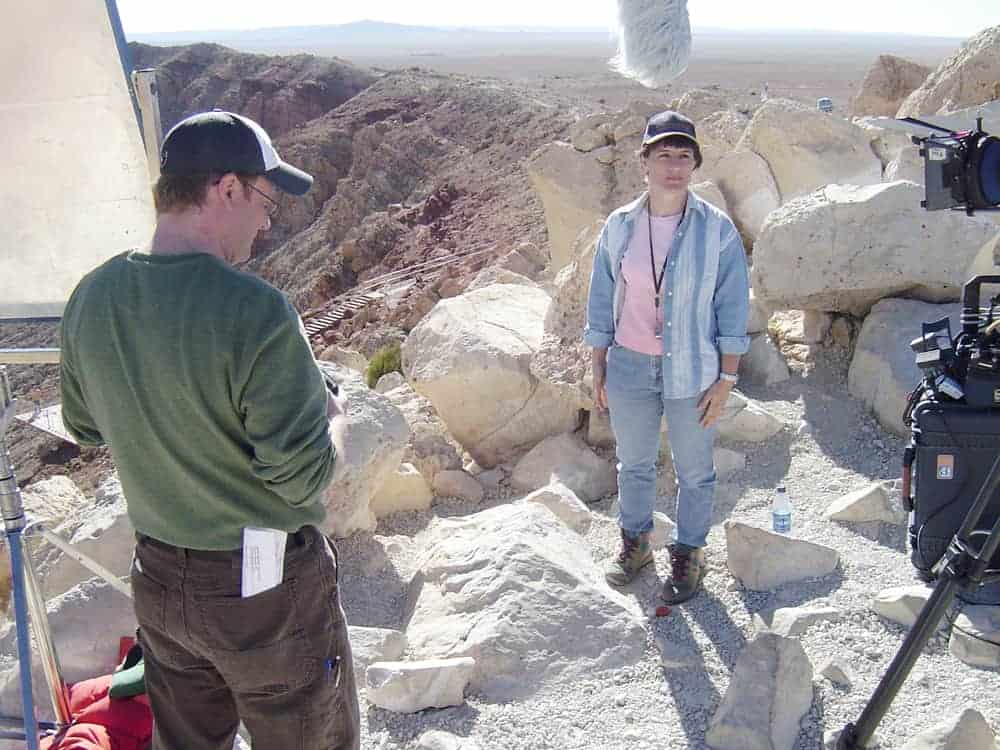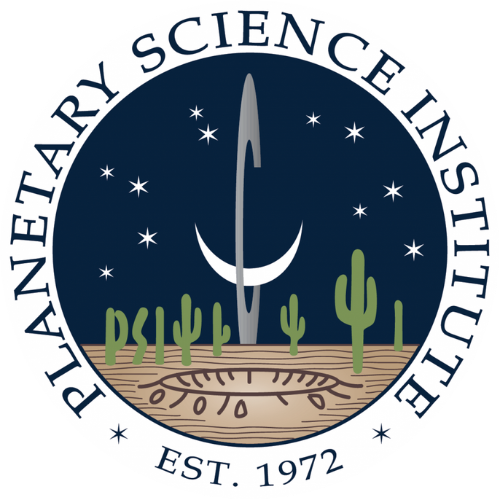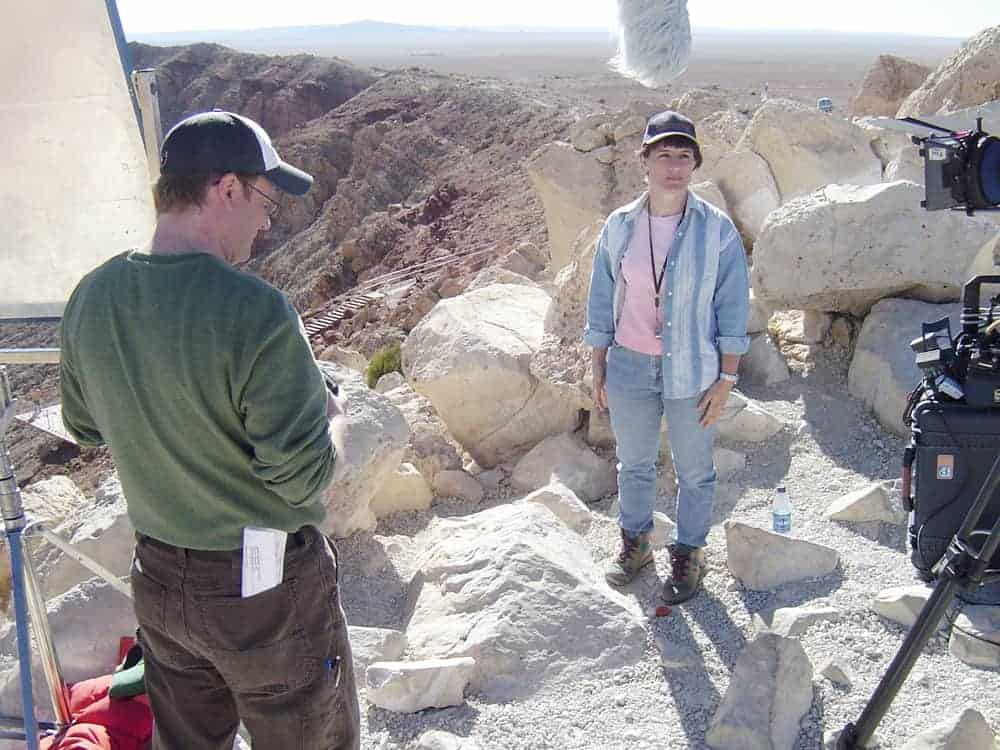Elisabetta Pierazzo, a senior scientist at the Tucson-based Planetary Science Institute, is one of several scientists featured in the National Geographic Channel’s new, three-part special, the “Known Universe.”
The three-hour series focuses on the biggest, smallest, fastest and most explosive things in the universe. It is scheduled to run on the National Geographic Channel from 6 to 9 p.m. Tucson time on Sunday, February 15 and slated to repeat from 9 to 12 p.m.
National Geographic interviewed Pierazzo at Arizona’s Meteor Crater, the most well-preserved impact crater on the planet. The 3,000-foot diameter, 570-foot-deep crater was formed when a boxcar-sized object crashed in northern Arizona’s desert. Pierazzo discussed the geologic and climatic effects of meteor impacts on Earth.
A larger object that hit Yucatan led to the extinction of dinosaurs. Could a similar-sized object slam into Earth, ending life as we know it? That’s one of many questions addressed in the series that combines the latest scientific knowledge with interviews of experts, such as Pierazzo, who can explain complex concepts in ways that are easy for non-scientists to understand.
University of Arizona Regents Prof. Jay Melosh, a leading expert on impact cratering, also is featured in the “Known Universe” program on explosions that is scheduled to begin at 8 p.m. The “Known Universe” program on the fastest things begins at 6 p.m. and the one on the largest and smallest things begins at 7 p.m.
While pursuing their individual research programs, Pierazzo and Melosh have collaborated on modeling impact events on the Earth and other planetary surfaces.
“The advantage of modeling real terrestrial impact events, like those that produced structures like Chicxulub, Vredefort, Ries, and Canyon Diablo, is that models of their formation can be compared to field data from geologic studies of the craters. This, in turn, helps improve models of impact cratering that can be applied to craters seen on other bodies in the solar system,” Pierazzo, said.
Pierazzo studies the effects of impacts on the evolution of the environment and climate, and on the origin and evolution of life.

PSI’s Dr. Betty Pierazzo is interviewed by National Geographic at the Barringer Meteor Crater in northern Arizona.

